EcoRad Radiators Warm Rooms not the Planet
Where does heat come from? If you’re a New Yorker, the answer is probably a radiator or a hot water pipe that runs through your apartment threatening to scald you or melt your belongings without the appropriate precautions. Central air, a standard for new construction, or the space heater, my favorite little fire starter, both of which blow glorious, warming air to heat a room. The real downside to the forced air is its short term gratification, once it’s off, the heat source is gone and the cold returns. Forced air is also a very dry air, which anyone who’s slathering on lotion during the winter months would like to avoid.
EcoRad.
A second look at the radiator and one realizes, the hefty hunk of metal retains heat for hours. In green design, temperature retention through mass is a sustainable solution to heating and cooling a home. Thermal mass allows a small amount of energy to control temperature for a much longer period of time than a blast of air. But radiators are loud, they hiss and thump, they require water, they leak and rust, and the list goes on.
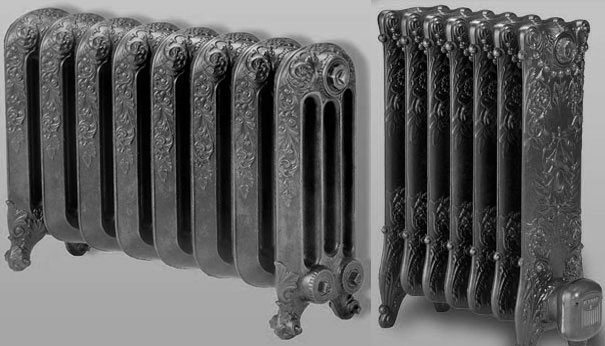
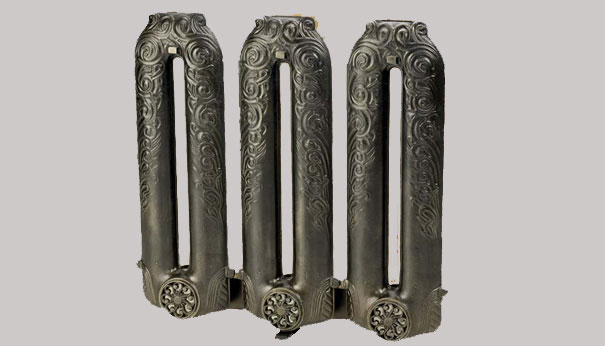
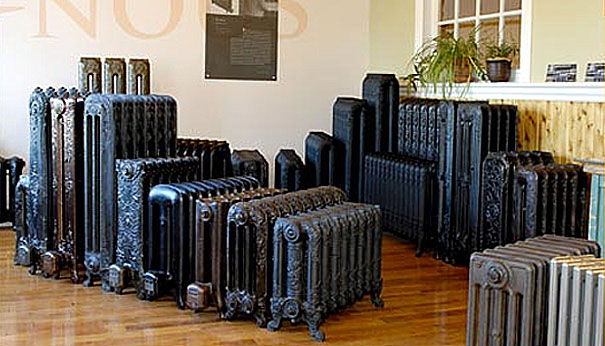
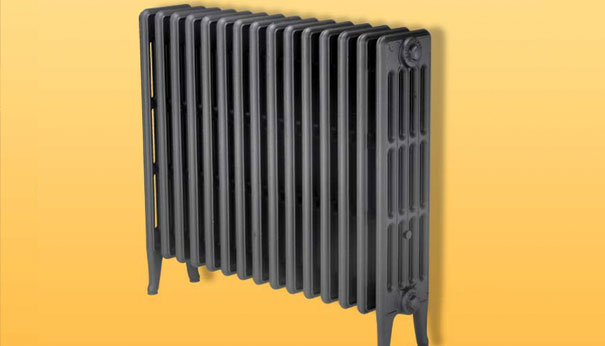
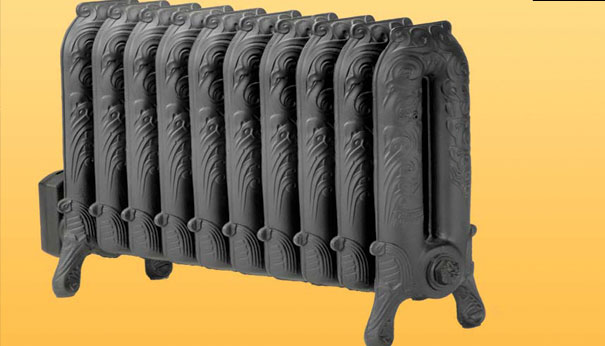
The Canadian company EcoRad, has taken the benefits of the radiator and eliminated the negatives. EcoRad converts cast-iron radiators into an electric heat system with 99% recycled materials. The radiators are refurbished instead of melted down (melting cast-iron releases greenhouses gasses), and transformed into works of art that can be connected to a programmable thermostat for ultimate efficiency. EcoRad has a collection of refurbished radiators dating back to 1850 (some in really fun colors), or they will convert your radiators to your specifications in about four to eight weeks. I like this product because it allows the recycled material to act as it was originally intended, with a few minor, environment friendly tweaks.
via Planetgreen

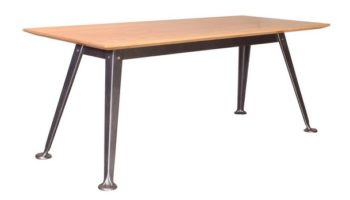


Leave a Reply